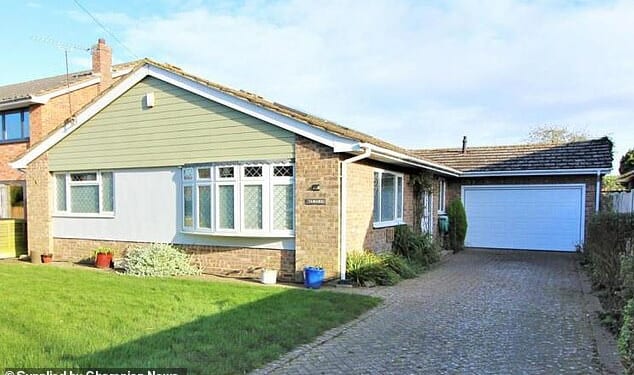A Reform candidate couple are locked in a legal row with their neighbour after claiming his disposable barbecue caused their seaside bungalow to go up in flames.
Harold Shearing, 79, and wife Susan are suing Michael Smedley for £362,000 after a blaze in 2023 gutted their home of 16 years in Frinton on Sea, Essex.
The pensioner couple – who both stood as Reform UK candidates in the 2023 local government elections but failed to get elected – were sitting at the kitchen table of their £500,000 home when they saw smoke rising from their next door neighbour’s attached garage.
The blaze quickly spread to their own home and, though the fire brigade was quickly on the scene, their property was so badly damaged it was rendered ‘uninhabitable’.
The Shearings claim a disposable barbecue he lit in his back garden led to the devastating fire, which totally destroyed his own home and badly damaged theirs.
They are suing for a total of over £360,000, including £270,000 worth of damage done to their home, £50,000 for damaged contents and the £37,000 they say they spent on alternative accommodation after the blaze.
Mr and Mrs Shearing’s lawyer, Emma Walker, says in documents lodged with London’s High Court that they were taking in the view from their kitchen window in Turpins Lane, Kirby Cross, on the afternoon of 28 May 2023 when they were shocked to see smoke rising from the back of their neighbour’s property.
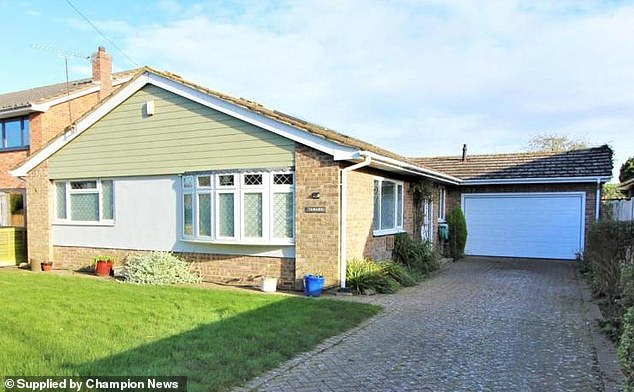
Mr Smedley’s house before the fire which sparked a bitter legal battle with his next-door neighbours
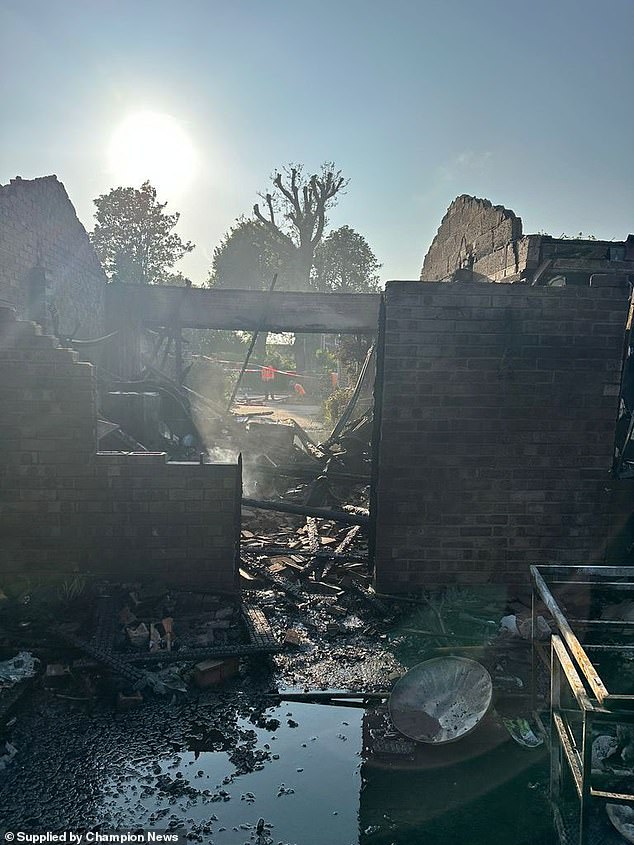
Pictured above is the remains of Mr Smedley’s home which was destroyed in the fire
The lawyer said: ‘Mr Shearing looked over the six-foot-high fence at the back of the property and saw flames rising into the air from the back of the garage and saw Mr Smedley trying to extinguish the fire.
‘Shortly after seeing the fire, two other neighbours… banged on the claimants’ door and told them to evacuate. They evacuated the property to find that the fire brigade had been called by several of their neighbours.
‘The claimants waited with several of their neighbours for the fire service to arrive. Whilst they were waiting, Mr Smedley informed Mr Shearing that he had been using a disposable barbecue in his garden and had moved it to the back of the garage and put it on a glass table and that had caused the fire.
‘Mr Smedley did not know how the barbecue had caused the fire and said it was an accident and apologised.
‘After the fire had been extinguished, a fire officer informed Mr Shearing that their priority had been saving [Mr and Mrs Shearing’s home] as [Mr Smedley’s home] was beyond saving by the time the fire service arrived.
‘Substantial damage was caused to the property as a result of the fire…which rendered the property uninhabitable.’
She goes on to say: ‘The cause of the fire, and the resultant damage, was the defendant carelessly moving a disposable barbecue from his garden inside to the back of the garage and putting it on a glass table.
‘Additionally, the cause of the fire was caused by the defendant failing to fully extinguish the disposable barbecue and placing it inside, when it was hot and/or alight, amongst flammable materials.’

Harold Shearing, 79, (right) and wife Susan (left) are suing neighbour Michael Smedley for £362,000 after a blaze in 2023 gutted their home of 16 years in Frinton on Sea, Essex
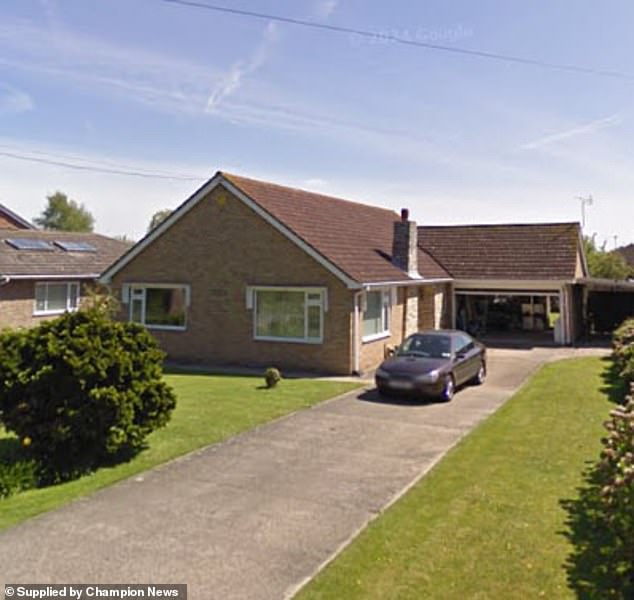
The Shearings home which they claim is now ‘uninhabitable’ after a fire at their neighbour’s house spread
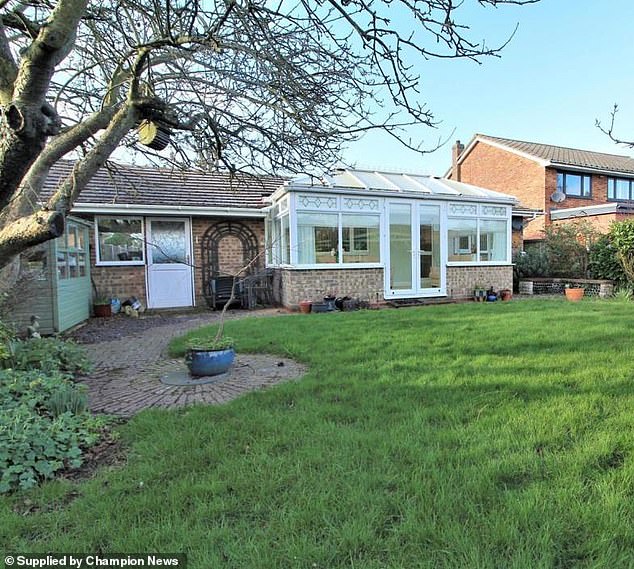
The rear of Mr Smedley’s home with the attached garage (left) where the fire started
Mr Smedley is being sued for ‘negligence’ in putting a lit or still hot barbecue inside his garage.
‘An occupier is liable for a fire from his or her property caused by the negligence of anyone on their land with permission,’ says the Shearings’ lawyer.
‘As the defendant is the occupier of the neighbouring property, he is accordingly responsible to the claimants for the damage caused on the basis that he is liable for the factual cause of the fire.
‘The defendant is negligent in that he caused the fire and then failed to prevent the fire from spreading from [his home] so as to prevent damage from being caused to the property.
‘The fire could not have occurred without the negligence on the part of the defendant. There is no alternative explanation as to why a fire would ignite in the area, and in the manner in which it did.’
Mr Smedley’s defence to the action was not available from the court at the time of writing.

